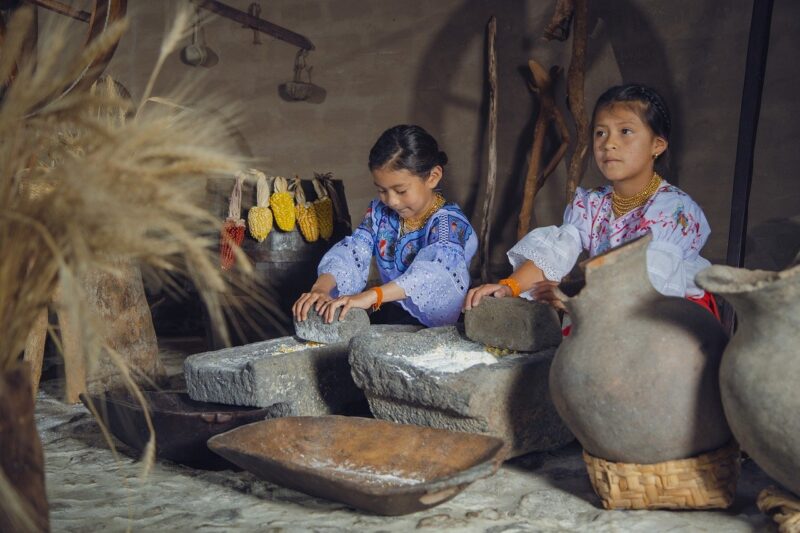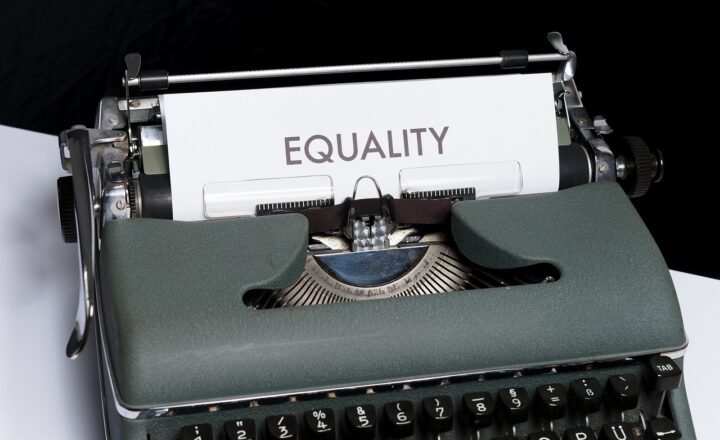The Role of Sports in Breaking Down Cultural and Political Barriers
November 16, 2024

Sports have always been a powerful medium for bringing people together, transcending geographic, cultural, and political boundaries. From the ancient Olympic Games to modern-day international sporting events like the World Cup and the Olympics, sports have served as a unifying force. In this article, we’ll delve into how sports facilitate dialogue, empathy, and connection among diverse cultures while addressing the complexities of political relations.
1. Historical Context: Sports as Diplomacy
Historically, sports have often played a diplomatic role in circumventing conflict and fostering communication between different nations. One notable instance was the “Ping Pong Diplomacy” between the United States and China in the early 1970s. This unexpected exchange of table tennis players opened channels for dialogue and cooperation, leading eventually to the normalization of relations between the two countries.
More recently, events like the 1988 Summer Olympics in Seoul marked a significant moment in South Korea’s engagement with the global community and the North-South dialogue. The ability of sports to create a platform for discussion is an invaluable asset that has often been overlooked.
2. Sports as a Platform for Dialogue
One of the primary ways sports break down barriers is by providing a platform for dialogue among individuals from different backgrounds. Taking part in a sporting event can create shared experiences that lead to lasting relationships and understanding. Some key aspects include:
- Common Goals: In sports, teamwork and collaboration are essential for success. Players, coaches, and fans alike come together to achieve a shared objective, fostering camaraderie and mutual respect.
- Inclusivity: Many sports are open to participants of all ages and backgrounds, creating opportunities for social interaction and breaking down preconceived notions about cultural differences.
- Cultural Exchange: International competitions encourage athletes to respect different cultures, celebrate diversity, and forge friendships beyond borders.
Such interactions not only foster goodwill but also challenge stereotypes. The positive impact of sports extends beyond the field, igniting dialogues that can lead to social change.
3. The Unifying Power of Mega Events
Global sporting events like the Olympics and FIFA World Cup have the power to unite nations in a way few other platforms can. These events draw global attention, and the shared experience of supporting a team can transcend differences.
For instance:
- The Olympics: The Olympics are not merely about athletic competition; they are a celebration of global unity. The Olympic Truce notion emphasizes peace and aims to cease hostilities during the games, allowing nations to come together in a spirit of harmony.
- The World Cup: The FIFA World Cup is a phenomenon that captivates audiences worldwide. In 2014, the energy in Brazil was palpable, bringing together people from various walks of life and promoting interactions that facilitated cultural exchange and understanding.
However, these events are not without their challenges. Political tensions can often seep into international sports, leading to boycotts or withdrawals. For example, the 1980 and 1984 Olympic boycotts strained U.S.-Soviet relations. Nevertheless, the potential for sports to create goodwill generally outweighs these challenges.
4. Sports as a Reflection of Society
The world of sports often mirrors society’s challenges, including issues of racism, gender inequality, and political unrest. By addressing these issues in a public forum, sports can stimulate a broader conversation on social justice:
- Athletes as Activists: Athletes such as Colin Kaepernick and Muhammad Ali have used their platforms to advocate for social justice, making bold statements that resonate beyond the field and calling attention to societal issues. Their actions have shed light on necessary reform and sparked discussions that transcend sport.
- Building Resilience: Many athletes confront adversity related to cultural or political issues, showcasing resilience that inspires others. Their stories often serve as powerful narratives for change, challenging systemic barriers within society.
These elements underscore how sports can serve as a catalyst for cultural and political change. As fans rally around their favorite teams, they also embrace messages that promote equality and justice.
5. The Role of Women in Sports
The empowerment of women in sports has emerged as a significant factor in breaking down cultural and political barriers. Women’s participation in sports, whether at amateur or professional levels, showcases strength and leadership that challenge traditional gender roles:
- Visibility and Representation: Increased visibility of female athletes leads to greater representation, influencing societal attitudes toward gender roles and expectations. Events such as the Women’s World Cup or the Women’s Olympics emphasize the importance of investing in women’s sports.
- Advocacy for Equality: Female athletes have become advocates for equality, pushing for equal pay and opportunities, as seen in movements led by basketball star Megan Rapinoe and tennis legend Billie Jean King. Their tireless efforts contribute to dialogue that engages not just the sports world but society at large.
The success of women’s sports movements exemplifies how sports can challenge systemic barriers and reflect changing societal attitudes toward equality and justice.
Conclusion: The Future of Sports as a Unifying Force
Sports have long served as a powerful force for breaking down cultural and political barriers. By promoting dialogue, fostering shared experiences, and addressing societal issues, they create foundations for understanding and cooperation among diverse cultures. As society continues to evolve, the role of sports as a catalyst for social change and unity becomes even more vital.
The ongoing conversations around equality, representation, and collaboration will further solidify sports’ place as a space for inclusivity and dialogue. As we look toward the future, the challenge will be to harness the positive impact of sports to foster genuine conversations that can lead to lasting change, further breaking down barriers and building bridges in our increasingly complex world.







